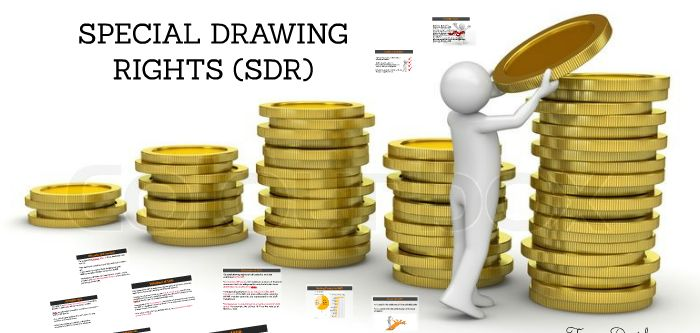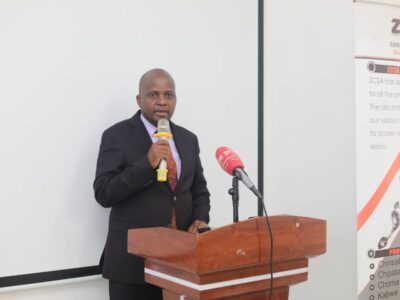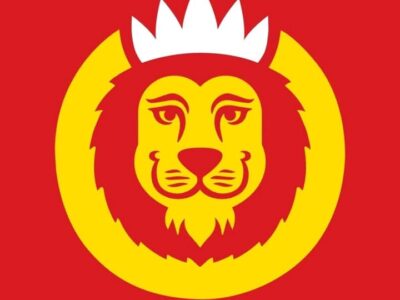A meeting to interrogate how the Zambian, Kenyan, Senegalese and Malawian governments utilised the Special Drawing Rights (SDRs) received from the International Monetary Fund (IMF) during the Covid-19 pandemic will convene in Lusaka on Tuesday.
The two-day meeting would be led by the African Women’s Development and Communication Network (FEMNET) under its Economic Justice and Rights Programme, with support from the Bill and Melinda Gates Foundation.
One of the primary objectives of the meeting was to disseminate findings from the research paper titled ‘Inclusive Economic Recoveries for Africa: A forecast on Special Drawing Rights (SDRs)’ in Zambia, Kenya, Senegal and Malawi.
In 2021, Zambia received US$1.3 billion, while Kenya received an allocation of US$737.6 million with Senegal receiving SDR 0.31 billion and exchanged her SDRs for hard currencies to finance public services.
Malawi, on the other hand, received SDR133 million to cushion the country from the effects of the pandemic.
FEMNET had developed advocacy strategies to promote the (re)allocation of SDRs for the advancement of gender equality and inclusive economic recovery in Zambia, Kenya, Malawi and Senegal.
Read more: ZICA tasks govt to put a closure to prolonged investigations of Ministry of Finance officials
According to the concept note, the meeting would focus to enhance participant’s understanding of SDRs and their impact on the economy.
It would also focus on the possibility of rechannelling SDRs towards initiatives geared towards achieving gender equality, and their general role in inclusive economic recovery.
“The meeting seeks to bring together stakeholders working under economic justice and rights, public finance management, gender justice and macroeconomic policy to engage in active discourse on SDRs and facilitate knowledge exchange on the advocacy strategies for their effective utilisation in each of these countries.
“By fostering dialogue and knowledge exchange, we seek to empower participants with the tools and insights needed to maximize the benefits of SDRs for their respective economies and to boost the engagement of gender advocates in inclusive economic recovery,” the concept note read.
The concept note stated that all the four countries under study did not have elaborate frameworks for SDR utilisation and reporting, making it difficult for oversight institutions (parliament and auditor general), citizens, or civil society organizations (CSOs) to hold their respective governments to account.
This was cited to hinder clarity in the transparency and accountability in the use of SDRs.
“Furthermore, wherever any accounting and reporting mechanisms for SDRs exist, they are often too complex or scanty, undermining clarity on SDRs utilisation in the country. There are information gaps on the use of SDRs in all the four study counties.
“This can potentially hinder efforts to advocate for the equitable allocation of SDRs. Furthermore, without comprehensive data and analysis, it is challenging to assess the potential impact of reallocating SDRs to address gender inequalities,” according to the concept note.
WARNING! All rights reserved. This material, and other digital content on this website, may not be reproduced, published, broadcast, rewritten or redistributed in whole or in part without prior express permission from ZAMBIA MONITOR.












Comments